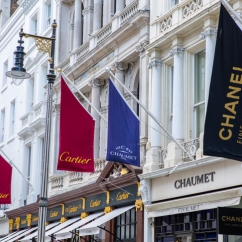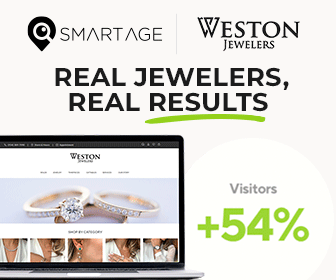Articles and News
Psychological Insights into Why People Buy Luxury Goods June 14, 2024 (0 comments)

New York, NY--Luxury goods, though non-essential, captivate many consumers. These items, which include high-end designer clothing, luxury vehicles, expensive vacations, and premium services, often come with hefty price tags. Yet, despite their high cost, luxury goods remain popular.
[Image via istockphoto.com]
Financial Burden of Luxury Purchases
An article on Investopedia states that the charm of luxury goods can lead to financial strain, noting that many individuals may go into debt to afford these items, reflecting a broader trend of consumer debt in the U.S., which reached $1.129 trillion in credit card debt by the end of 2023.
The article states the reasons below as motivating factors behind purchasing luxury goods.
Reasons Behind Luxury Purchases
1. Irrational Spending: Behavioral psychology suggests that some people buy luxury goods even when they cannot afford them. For instance, instead of opting for a quality handbag costing around $100, some spend thousands on a luxury brand, despite both items serving the same function.
2. Perceived Quality: There is a common belief that higher-priced goods are of superior quality. This perception is fueled by powerful marketing and brand loyalty. The article cites the example of Apple products that often attract long queues despite other brands offering similar or better specifications at lower prices. Consumers often equate higher prices with better quality, ignoring the fact that non-luxury items might offer comparable value.
3. Boosting Self-Esteem: Luxury goods can enhance self-esteem and provide a sense of belonging and status. The convenience of "buy now, pay later" options fuels impulse buying, allowing consumers to indulge in retail therapy.
4. Authenticity: The desire for authenticity plays a significant role in luxury purchases. The article notes a study by Yale University, which found that even children prefer authentic items over duplicates. This sentiment carries into adulthood, where owning a genuine luxury item can be more gratifying than owning a counterfeit despite the latter appearing identical.
Market Dynamics
Per the article, the luxury goods market was valued at $253.7 billion in 2023 and is projected to grow to $369.8 billion by 2030. Despite economic fluctuations, the demand for luxury goods remains high, though consumers have started to cut back on non-essential spending.
Popular Luxury Items
Designer apparel, handbags, jewelry, watches, and luxury cars are common luxury purchases. The article states that apparel is expected to dominate the market, contributing significantly to the projected growth.
Identifying Counterfeit Goods
Counterfeit luxury items are prevalent. Key indicators of fake goods include significantly lower prices and poor craftsmanship. Authentic luxury items are meticulously crafted and come at a price reflecting their quality.
Learn more in this article on Investopedia.







